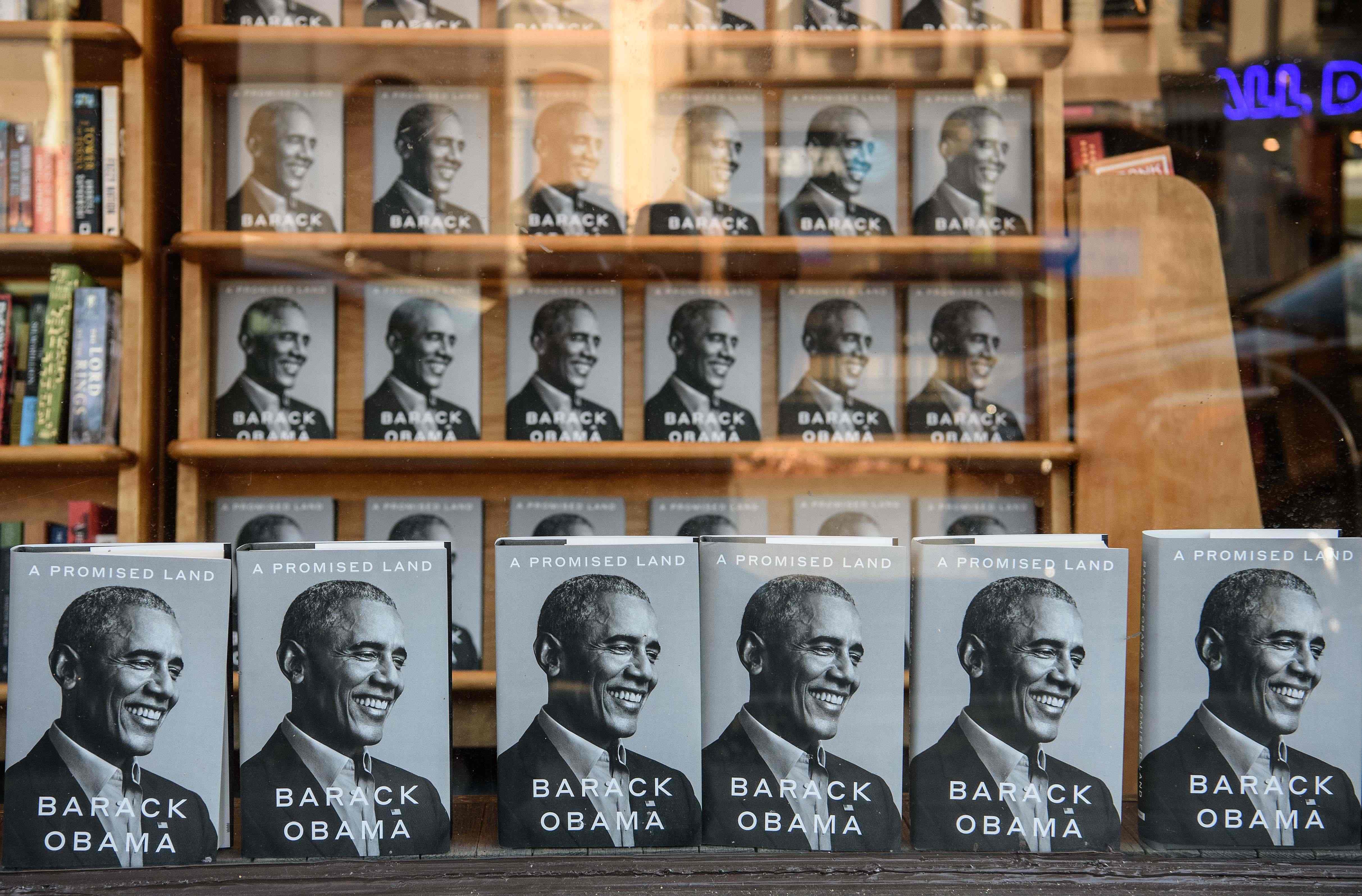David Cameron’s austerity policies to blame for recession in UK, says Barack Obama
Eton-educated PM had confidence of ‘someone who’d never been pressed too hard by life’, says president

Your support helps us to tell the story
From reproductive rights to climate change to Big Tech, The Independent is on the ground when the story is developing. Whether it's investigating the financials of Elon Musk's pro-Trump PAC or producing our latest documentary, 'The A Word', which shines a light on the American women fighting for reproductive rights, we know how important it is to parse out the facts from the messaging.
At such a critical moment in US history, we need reporters on the ground. Your donation allows us to keep sending journalists to speak to both sides of the story.
The Independent is trusted by Americans across the entire political spectrum. And unlike many other quality news outlets, we choose not to lock Americans out of our reporting and analysis with paywalls. We believe quality journalism should be available to everyone, paid for by those who can afford it.
Your support makes all the difference.Former US President Barack Obama has blamed David Cameron’s austerity policies for driving the UK into recession following the 2008 financial crash.
In his memoir A Promised Land, published today, the former president said he liked Cameron as a person, but made no attempt to hide his disdain for his economic policies.
By contrast, he was highly complimentary about Cameron’s predecessor Gordon Brown, saying he was “fortunate to have him as a partner” during the early months of the crisis.
Despite the great store which prime ministers of all parties place in the “special relationship” with the US, relations with Britain take up only a handful of pages in the 1,000-page volume.
Mentions of UK leaders are far outnumbered by references to Germany’s Angela Merkel and France’s Nicolas Sarkozy.
And the hallowed phrase is used only once, in a picture caption showing Obama and his wife Michelle meeting the Queen, who is said to “embody the special relationship” between the trans-Atlantic allies.
Mr Obama recalled how Mr Cameron was “a willing partner” on international issues from climate change to marriage equality and international aid - though he wrongly suggests that the Conservative PM committed the UK to spend 1.5 per cent of GDP on aid, rather than the true figure of 0.7 per cent.
But he left no doubt that he believes the coalition government led by Cameron from 2010 offered the wrong response to the global crash, by deploying cuts to reduce the deficit rather than spending to boost economic activity.
“Cameron hewed closely to free-market orthodoxy, having promised voters that his platform of deficit reduction and cuts to government services—along with regulatory reform and expanded trade—would usher in a new era of British competitiveness,” he wrote.
“Instead, predictably, the British economy would fall deeper into a recession.”
Obama, who had agreed with Mr Brown on the need for stimulus spending after the global banking system’s near-death experience, said that the “stubborn embrace of austerity” by European leaders including Cameron and Merkel was “more than a little frustrating”.
By contrast, he hailed the “leadership” shown by Mr Brown at the G20 summit in London in 2009 in thrashing out a global response to the financial crisis.
“He was thoughtful, responsible, and understood global finance, and although his time in office would prove short-lived, I was fortunate to have him as a partner during those early months of the crisis,” wrote the president.
Obama also noted the stark differences between the personal styles of Cameron and his predecessor.
Mr Brown lacked the “sparkly political gifts” of Tony Blair and seemed to have the word “dour” attached to him every time he appeared in the media, wrote the president.
He had “suffered the misfortune of finally getting his turn at the prime ministership just as Britain’s economy was collapsing and its public was tiring of the Labour Party’s decade-long run”.
This contrasted sharply with the “youthful appearance and studied informality” of Mr Cameron, of whom Mr Obama noted that “at every international summit, the first thing he’d do was take off his jacket and loosen his tie”.
“The Eton-educated Cameron possessed an impressive command of the issues, a facility with language, and the easy confidence of someone who’d never been pressed too hard by life,” wrote Mr Obama. “I liked him personally, even when we butted heads.”
One occasion when the books relates that they did clash was over the international intervention in Libya which ended with the ousting of dictator Muammar Gaddafi in 2011.
Pressed by Cameron and Sarkozy for US backing for a no-fly zone, Mr Obama convened a meeting of his national security team, where he was told the tactic would make no difference to Gaddafi’s assault on Benghazi with ground forces.
Mr Obama recalled his words: “We are being asked to participate in a no-fly zone that will make everyone look like they’re doing something but that won’t actually save Benghazi.”
And he wrote: “I thought that despite the rhetoric from Sarkozy and Cameron, the US military would end up having to carry most of the load for any operation in Libya.”
After a debate pitting his vice-president Joe Biden - now president-elect- who opposed intervention, against then secretary of state Hillary Clinton, who backed US involvement, Obama declared that he would not back “some half-assed no-fly zone that won’t achieve our objective” but would give US support to a more forceful intervention.
“I was irritated that Sarkozy and Cameron had jammed me on the issue, in part to solve their domestic political problems,” said Mr Obama, as he recalled how he later devised a plan which gave European fighter jets principal responsibility for air-strikes to stop the advance of Gaddafi’s troops.




Join our commenting forum
Join thought-provoking conversations, follow other Independent readers and see their replies
Comments